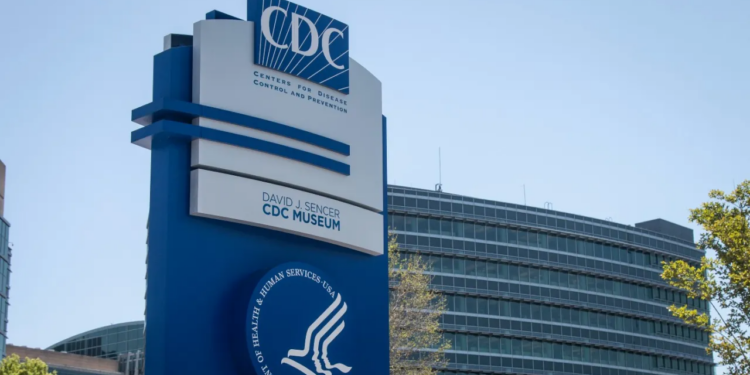A recent study conducted by researchers at the University of Southern California (USC) and Harvard University has revealed that a significant number of staff members who left the U.S. Centers for Disease Control and Prevention (CDC) between 2004 and 2020 went on to work for the pharmaceutical industry. The study, published in the journal Health Affairs, found that 54 percent of the departing CDC employees ended up in various sectors within the pharmaceutical industry, including biopharmaceutical and device manufacturers, health insurers, information and communication technology firms, real estate firms with medical property portfolios, and consulting firms.
The researchers, Genevieve Kanter, PhD, and Daniel Carpenter, PhD, noted that the high rates of CDC employees transitioning to pharmaceutical companies indicate that these individuals are highly valued and sought after by the industry. They suggested that this value may stem from their policy expertise, extended professional networks, or prestige within the CDC and other divisions of the U.S. Department of Health & Human Services (DHHS).
However, Kanter and Carpenter also expressed concerns about the potential influence that these former CDC employees may have on their former colleagues post-departure, as well as the actions they may have taken before leaving the agency that could compromise agency decision-making. They emphasized that current laws and regulations do not adequately address these pre- and post-departure risks.
One such law mentioned by the researchers is 18 U.S. Code Section 207, which imposes a cooling-off period on former officials within the executive branch of the federal government, preventing them from lobbying on behalf of private organizations for a period of one to two years. However, this cooling-off period does not cover lobbying related to federal agency decision-making, such as regulations and drug authorizations. Kanter suggested that expanding the cooling-off laws may be one way to address the issue, but she acknowledged that it is a blunt instrument for the subtle dynamics involved in the revolving door between the CDC and the pharmaceutical industry.
The study also highlighted the congenial relationships and emotional ties that can persist between former CDC employees and their colleagues at the agency, even after changing jobs and sectors. These prior relationships can facilitate informal interactions and exert soft influence on agency decision-making.
The scale of the revolving door between the CDC and other DHHS agencies, including the U.S. Food and Drug Administration (FDA), is described as troubling and deserving of further scrutiny. Kanter and Carpenter emphasized that regulating this revolving door will require innovative legal and regulatory strategies due to the complexity and subtlety of industry influence.







